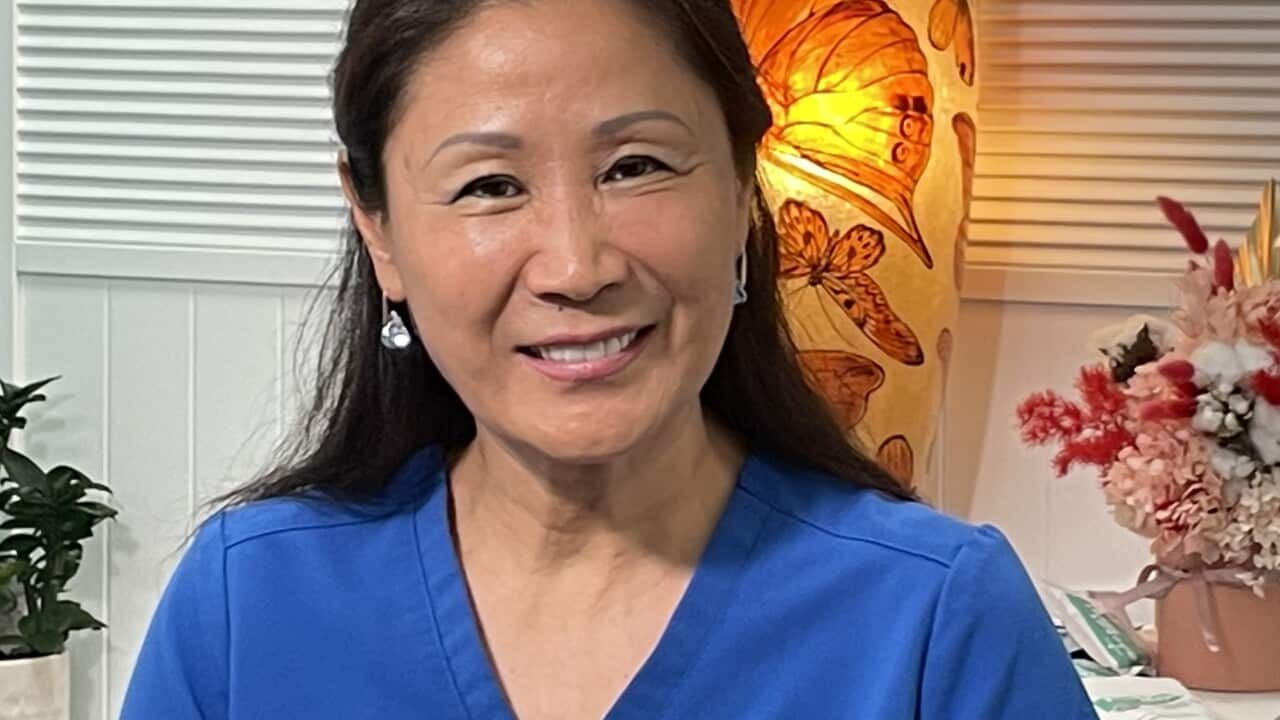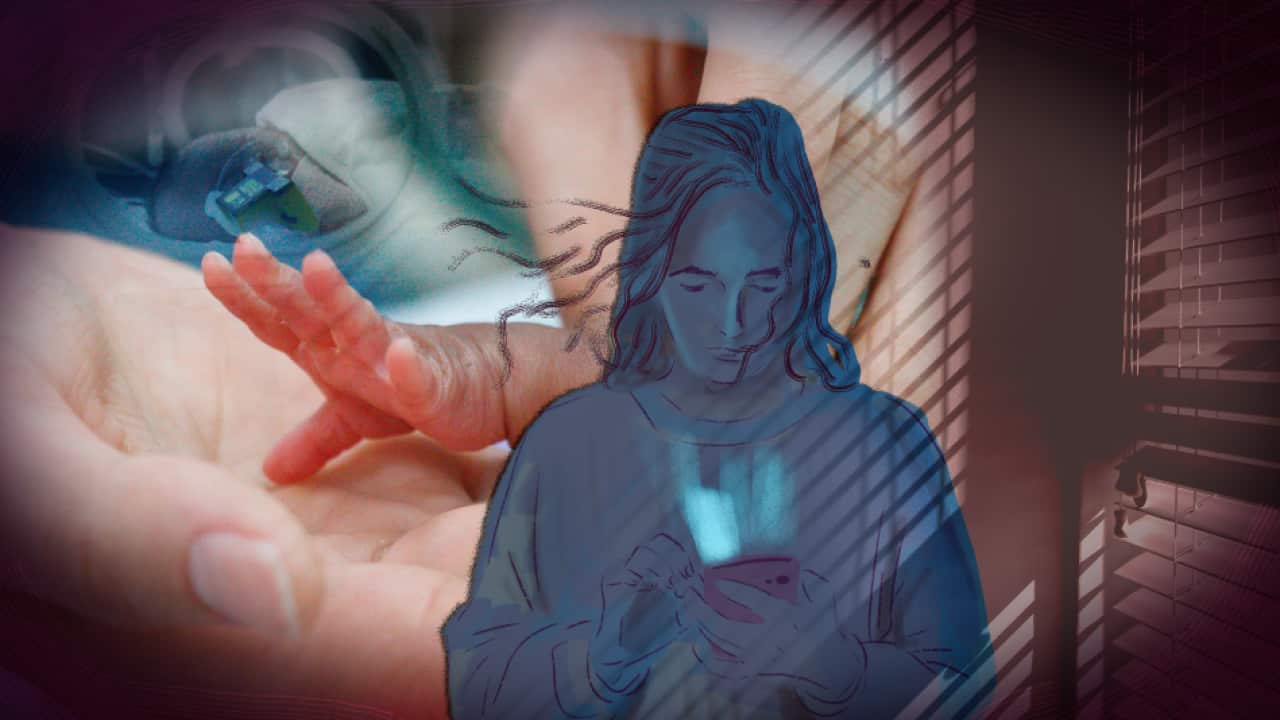Former tennis professional John Newcombe had a stellar career, attaining world number one in men’s singles and doubles.
And that put a lot of strain on his body, so he gets routine treatment at a clinic in Sydney’s north.
"Well, it started off, uh, you know, with a, a bad arm. And, of course, this body's been through a lot. So (laugh), it needs attention."
The clinic is run by therapist Helen Shao, a refugee from China.
And over the years, the two have become good friends, as Ms Shao explains.
"Now the people can't afford. In the past, they probably see me on a regular basis, once a week and then now they probably see me once a month. Income-wise, yeah, it takes a huge toll."
Ms Shao is no stranger to hardship.
Born in Tianjin in northern China, 120 kilometres from Beijing, as a child, Ms Shao was caught up in China’s cultural revolution.
"My mom was, um, a primary school teacher. My father was a civil engineer. 1966, the cultural revolution in China. So chairman Mao closed schools, closed universities. So my parents they send to them to the education camp, and I was only five or six years old."
Many years later, after studying pure mathematics, Ms Shao became a lecturer at the Tianjin University of Finance and Economics.
She was also Vice chairwoman of student protesters and, in 1989, led a group into China’s Tiananmen Square.
"We were protesting about the freedom of speech, and also we were protesting about economic reform, the revolution. We thought we were doing the right thing. When you are in the twenties, what do you think? You just think you can change the world."
Instead, Ms Shao’s life changed forever that day.
Violent clashes made global headlines and left hundreds dead and thousands wounded.
Looking back, Ms Shao considers herself lucky to have survived at all.
Click on the audio icon above to listen to this feature in Punjabi.




